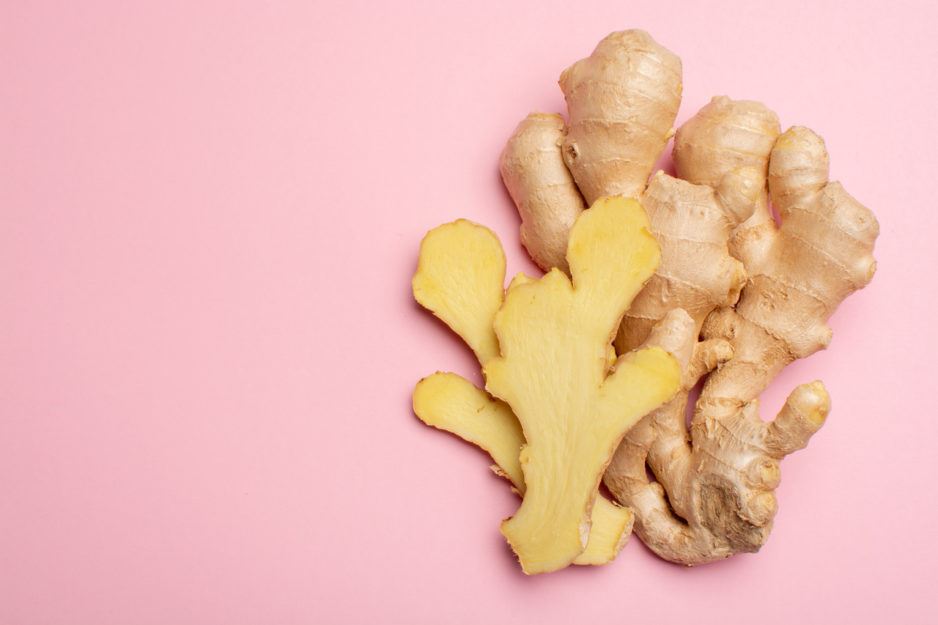Although most mums know morning sickness is a common and unpleasant side effect of pregnancy, not everyone knows your nausea during pregnancy can be improved, or made worse, by your diet. 28’s head nutritionist, Shahna Sarpi, shares some morning-sickness reducing foods to eat, and a few foods to avoid in order to help alleviate your morning sickness symptoms during pregnancy.
Natural foods and remedies that can help improve morning sickness
If you are experiencing morning sickness, you’re not alone. Around 60% of mums experience recurring bouts of nausea and vomiting throughout their pregnancy, especially during the first trimester.
- Include vitamin B6 rich roods in your diet.
B6 is a popular and pregnancy-safe nutrient that can help alleviate morning sickness. Increasing your dietary sources of B6 (such as sunflower seeds & pistachios) can help relieve nausea. Or you might like to take B6 supplements, between 10-25mg, 3 times per day. - Eat or drink fresh ginger
Ginger is a well known herbal remedy for nausea. Add fresh ginger to your meals, drink a ginger tea or you could try a natural ginger supplement. - Get plenty of fresh air and sunshine.
Being outside away from strong smells and taking big breathes of fresh air can have a calming effect and prevent the onset of morning sickness symptoms. - Eat smaller meals, more often.
An empty stomach can trigger morning sickness for some mums, so eat smaller meals, more often. - Choose plain, simple foods
If you’re feeling particularly ill, try to snack on dry crackers and other plain foods to keep something in your stomach without triggering more nausea. - Stay well-hydrated
Drink water or herbal tea whenever you can, but avoid drinking with your meals because it might make you too full, which could also cause feelings of nausea. - Try some holistic therapies
If you’re still suffering, you might like to try acupressure or acupuncture as a lot of mums tell me it’s provided them with some relief!
Remember, do your best to avoid skipping meals, even if you’re feeling unwell, as your body will needs all the energy reserves you can give it!

Foods to avoid if you’re experiencing morning sickness
Although every mum is different, there are a number of foods that are common culprits to worsening your symptoms of morning sickness, so we recommend you avoid them if you’re regularly experiencing nausea:
- Coffee (and caffeine in general)
- Strong-smelling vegetables
- Spicy foods
- Rich and very sweet foods
- Fried, greasy or fatty foods

When do you normally get morning sickness?
Morning and… sometimes even in the afternoon and night too!
Morning sickness is a term given to a common and unpleasant side effect of being pregnant: nausea and vomiting! And although it is called ‘morning’ sickness, don’t let the name fool you. It’s quite normal for pregnant mums to experience nausea at any time of the day. But generally, it’s worse earlier in the day, hence the name MORNING sickness!
And sometimes… it lasts longer than the first trimester
Often your symptoms begin in the fourth week and resolve just after your first trimester ends, typically around week 14. Unfortunately for some women, morning sickness continues into the second trimester and, while rare, it is also possible for nausea to persist throughout your entire pregnancy.




